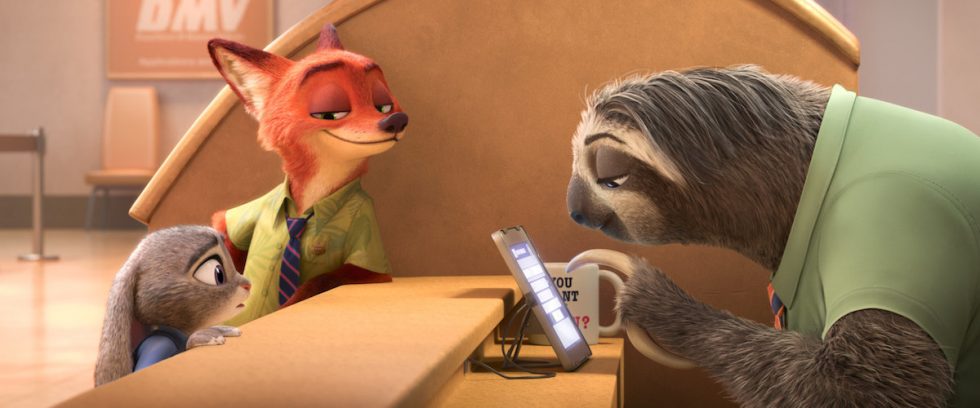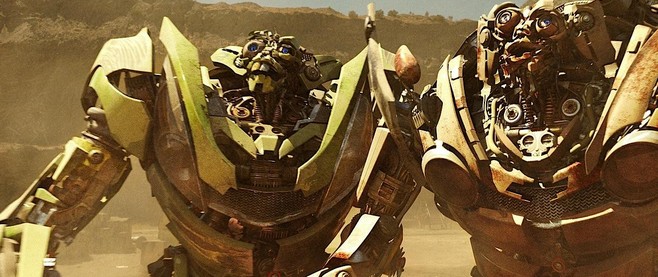
Zootopia is no Utopia
Zootopia received a lot of praise when it came out earlier this year. Many lauded the way it tackled issues of discrimination and stereotyping under the guise of a bright and bouncy kids’ story, leaning harder into adult themes than any of Disney’s animated movies to date. After finally getting around to watching the movie this past weekend, I find myself slightly disappointed. It’s a good movie, certainly, and I’m happy to see Disney go beyond the basic good versus evil shtick, but it’s far from the trope-defying masterpiece I was led to believe.
The core issue with Zootopia is one of consistency. Despite preaching the dream of overcoming prejudice and denouncing the shoehorning of people into predetermined buckets based on their race–or in this case, species–the movie falls back on stereotypes for its jokes far too often. Of course the Italian shrew is the Don of a mafia-like organization, torturing and extorting without compunction. Of course the carrot farmers are yokels with low intellect and closed minds, clinging to backwards notions of monoculturalism. Of course one of the con men (con animals?) is a gangsta-talking miscreant with an over-aggressive attitude.
These tropes stand out all the more against the lessons of inclusion Zootopia expounds. One minute, the main character is being chastised for making assumptions about foxes and dehumanizing (deanimalizing?) them as being intrinsically evil, the next it’s playing the stereotype of the languorous, dreadlocked hippy for a cheap laugh. It’s a confusing hypocrisy that undermines the valuable message the movie is trying to impart.
Worse than the hypocrisy, though, is the damaging attitude of one particular scene, the one most often called out as the movie’s funniest: the DMV scene. In it, the two main characters, a rabbit named Judy and a fox named Nick, need to trace a license plate. The catch is, the DMV is staffed by sloths. A neat gag, sure, until Judy starts interrupting the sloth working their teller, Flash–a name that conjures the same condescension present in calling a failing student ‘genius’ or a heavyset person ‘skinny’. Judy urges Flash to hurry up, groaning at his small talk and angrily finishing his sentences for him.

Here’s the thing: if you’ve ever spoken to someone with a speech impediment, you’ll know how disempowering it can be for someone to behave as Judy does. People who suffer from disfluency in their speech already deal with anxiety over controlling their diction; interruptions and stolen sentences only make it worse. When you finish another’s sentence, you’re saying that your time, and your words, are more important than theirs. Even if that’s not your intention, that’s the message it sends.
For Zootopia to treat it all as one big joke, then, is disappointing. Even more disappointing is how unabashed the praise for the movie, and the DMV scene in particular, has been. Just as Zootopia’s keen commentary deserves to be discussed, so too does its flawed humor. Disney might have taken a positive step forward, but it’s still got a ways to go.




